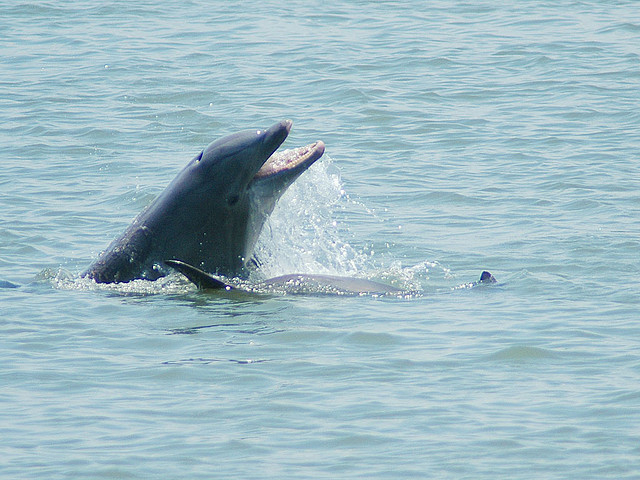Support strong Canadian climate journalism for 2025

An international team of scientists has predicted in a study published Friday which ocean species and areas are most at risk of extinction by studying fossils from the last 23 million years.
Ecologists, biologists and paleontologists from around the world including Atlantic Canada compared the fossil evidence with current information on what ocean regions are most affected by humans and climate change.
In doing so, they say they have been able to form a complete picture of the areas most vulnerable to extinction.
"We need to know where those hot spots overlap with areas of high human impact so we can start to think about what best to do about trying to prevent extinctions," said Derek Tittensor, a co-author of the study published in the journal Science.
Tittensor, one of two Dalhousie University professors involved in the study, said two of the identified hot spots are the Caribbean and the Indo-Pacific region.
Also in danger are whales, dolphins and seals and species with small geographic ranges.
"You have organisms (whose) natural characteristics make them more vulnerable to extinction anyway, and then you have human impacts on top of that. So they're adding in and potentially accelerating the extinction risk," said Tittensor.
According to figures published in 2014, humans have accelerated the rate of extinction by roughly 1,000 times what it would naturally be, he said.
He hopes this study will direct conservation efforts to areas that need it most.
"I think the most important thing to think about here is that we're talking about extinction. So we're talking about things that are forever," said Tittensor.
"Once a species goes extinct, it's not coming back. So we have to think very carefully about our impacts on the Earth and on the planet."
The Canadian Press


Comments